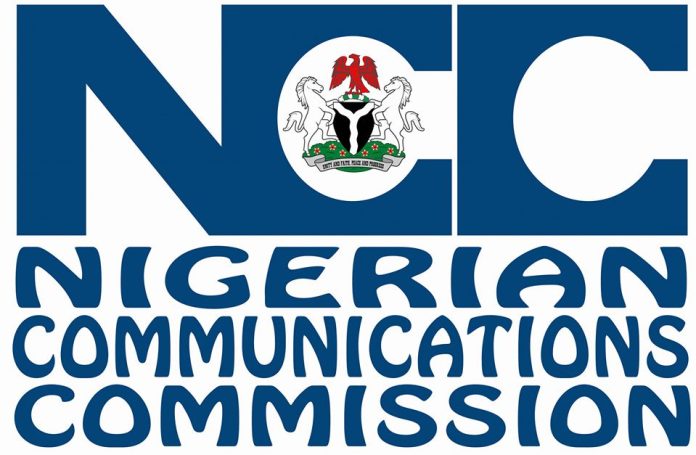In a move to simplify Nigeria’s often complicated telecom tariffs and improve the overall consumer experience, the Nigerian Communications Commission (NCC) has announced a new initiative aimed at reducing the overwhelming number of tariff plans and promotions in the telecommunications sector. This decision reflects the commission’s commitment to fostering transparency and empowering consumers to make more informed choices about their telecom services.
Speaking at a media capacity-building session held on Thursday at the Digital Bridge Institute (DBI) in Oshodi, Lagos, the NCC’s Director of Consumer Affairs Bureau, Ikechukwu Adinde, highlighted the need for clarity and simplicity in the sector.
“The current tariff structure is inundated with multiple promotions and add-ons that leave many consumers puzzled. It’s often difficult for users to discern which plans truly meet their needs,” Adinde explained. “Our goal is to simplify these options, creating a seamless process that allows every consumer to select what works best for them without confusion.”
Overloaded Tariff Options
Adinde provided striking examples of the complexity that consumers currently face. According to the NCC’s data, some telecom operators offer up to 145 data plans and 14 voice plans, while others have 41 data plans and 27 voice plans.
“With this level of variety, even the most tech-savvy users can find themselves overwhelmed. For the average consumer, the choices can feel almost impossible to navigate,” he said.
To address this, the NCC has proposed a cap, limiting telecom operators to seven tariff plans each. This streamlining effort is expected to significantly enhance consumer clarity and make it easier for Nigerians to choose affordable and relevant services.
Data Depletion: A Growing Concern
Adinde also addressed a pressing issue for many Nigerians—data depletion. For years, consumers have expressed frustration over the rapid consumption of their data plans, often without understanding why it happens.
“The relationship between data tariff plans and consumption needs to be better understood by consumers. That’s why the NCC is rolling out awareness campaigns to educate users on managing their data effectively,” he said.
These campaigns aim to demystify the factors that influence data usage. For instance, smartphone apps often consume large amounts of data in the background, a fact many users are unaware of. Adinde advised consumers to regularly review their app settings, disable automatic updates, and monitor high-data-consuming apps to stretch their plans further.
Additionally, the NCC is taking proactive steps to ensure transparency by publishing all approved tariff plans on its website. This will serve as a reliable resource for consumers, providing accurate and up-to-date information to help them make better decisions.
A Consumer-Focused Approach
For the NCC, these reforms are about more than just simplifying tariffs; they’re about putting consumers at the heart of the telecom experience.
“These changes are designed to restore trust and confidence in the sector,” Adinde emphasized. “We want every Nigerian to feel empowered, to know that their needs and concerns are being heard and addressed. Simplifying the market is just one step in a larger journey toward a more consumer-centric telecommunications industry.”
What’s Next?
As the NCC rolls out these initiatives, industry stakeholders and consumers alike are watching closely. For many Nigerians, the promise of simplified tariffs and greater transparency represents a much-needed shift in an industry often criticized for its complexity.
By prioritizing consumer education, simplifying choices, and fostering transparency, the NCC is setting the stage for a telecommunications sector that works better for everyone—one that is easy to navigate, fair, and consumer-friendly.
For now, the message from the NCC is clear: telecommunications in Nigeria are about to become less complicated and more empowering.
Anthony Emeka Nwosu




